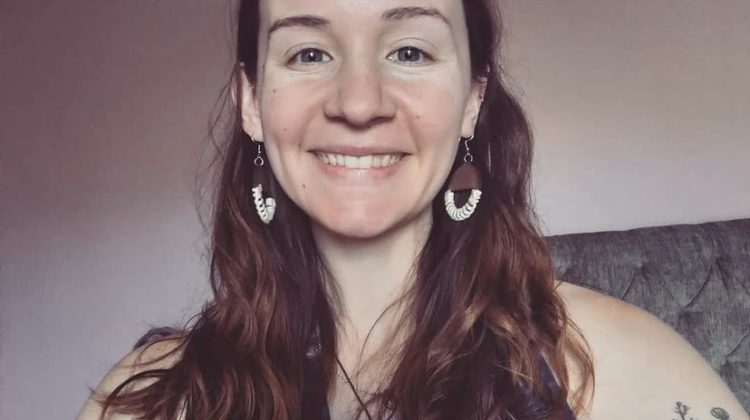
Zoë Mitchell is behind the Moonflower Project, making sustainable period products out of hemp. Here she explains why she left a full-time job in education last year and invested in a mini sewing machine instead
I’ve grown up as a proper country mouse in Norfolk and have always felt most myself when outdoors. I was very fortunate to live abroad for a time when growing up, which I think teased out my curiosity and adventurous nature. My adult life so far has been a merry dance of working indoor jobs to survive and working outdoors to challenge myself and learn more traditional/slower processes of living and finding community.
I was working full-time in education at the start of the pandemic but knew I didn’t want to remain in that role for much longer, so I left towards the end of 2020, having started Moonflower only a few months earlier. I decided that after sampling living off-grid, it was something I wanted to try for an extended period and the prospect of running Moonflower alongside that was an exciting challenge (it’s amazing how precious a bag on wheels can be when it contains your business!). The past few years have taught me that it’s important to challenge yourself and try something out even if there isn’t a long-term plan, because you really don’t know where it will lead or what life will hand you. Time is not something you can buy back, and I’ve learned that finding a way of life that I connect with is really important for me and this includes being part of a supportive community and spending time in nature.
I had been using reusable pads for quite a few years before I was introduced to the versatile wonders of hemp. There has been a huge shift recently towards more sustainable period products and materials which are a lot better for people, too. When I learnt about the different properties of hemp, I realised that it was a perfect material for sanitary products but was surprised that there wasn’t a lot of pad production in the UK with hemp. In 2020, I decided to buy a mini sewing machine and start up on Etsy, tell my friends and see how things went from there.
As well as selling the pads, I really believe that connecting with people and their period stories is an important part of what I do, as well as informing people about the benefits of hemp generally. I also really wanted the pads to be affordable and therefore accessible to people on different incomes and so knew from the start I may not be making huge profits from the business.
When I explain to people what I do, the reaction is hugely encouraging. Sometimes there is the awkward reply from a guy who doesn’t really know what to say other than ‘cool’ and shuffles away quietly, but I’ve become very comfortable with that sort of response and accept that people are in different places with discussing periods!
The people who have been supportive have often given me the boost I needed when I’ve been bogged down in admin and promotion. Being reminded that what I’m doing is impactful is very grounding and motivating. So please, encourage any small business owners you know. I promise you’ll make their day!
It’s also lovely to have returning customers on Etsy, because you know that something is working for them. I’ve always encouraged feedback, whether positive or constructive because if there is a way to improve my product, I want to know!
Something a lot of people have told me is that my target market is unlikely to disappear anytime soon.
I think if collectively we are serious about reducing our impact on the environment in terms of pollution, consumption, and plastic waste, we need to carefully look at ways to adjust our lifestyle. Hemp became the focus of the business because of its growing conditions, absorbent/antifungal qualities, and biodegradable nature. I believe that water consumption is going to be a big issue for the west (as it is already for much of the world) and hemp only requires rainwater to grow, compared to cotton.
Financially, has it made a lot of sense for me? Maybe not. But that’s not why I’m doing it. There is always a cost to how we live and what we buy. I’m trying to make the choice as easy as possible for people who feel like they don’t have an alternative to disposable products.
The cost will always be there, whether it’s for us as individuals or the planet on which we live and are part of.
It seems like the key to getting people talking about periods is to create the right setting for them to be part of the dialogue. I think there has been great strides in opening the conversation publicly around issues such as the tampon tax and period poverty. There has also been a huge increase in discussion around single-use plastics and getting people to think about where these products end up and the environmental impact of that, which I think has helped to get people talking about periods too.
I know that there are many organisations that are helping and supporting low-income families and those dealing with their periods whilst experiencing homelessness. I think the public dialogue is getting there, but there is still a stigma around talking openly about what is such a natural part of life.
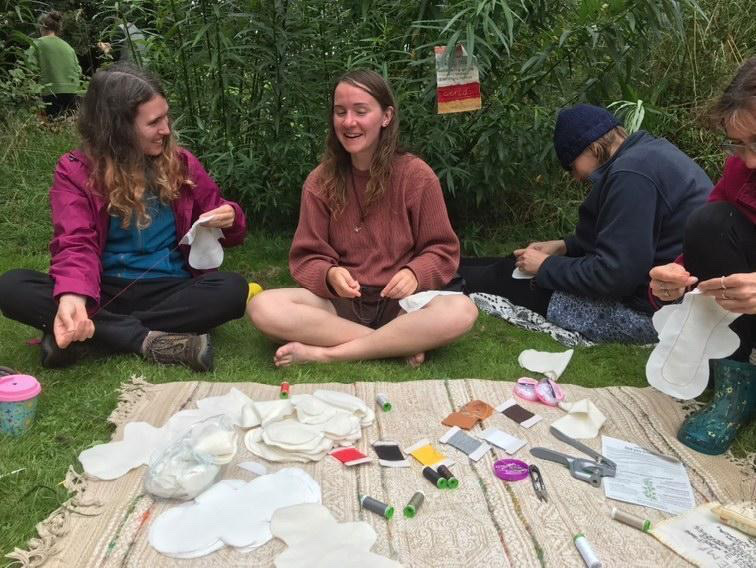
I ran a pad making workshop at Treehouse Festival in Norfolk this Summer and it was wonderful to create and hold a space where people could share their stories and explore important issues around personal health, contraception and sustainability, all whilst sewing and sitting in sunshine together.
I am currently in the process of creating my own linocut designs on hemp fabric, which will replace a lot of current designs that I stock. I’ve wanted to be a bit more creatively involved in the process of making the pads, and even though the extra steps with this type of production mean they take longer to make, I am happy to be more connected to my work in this way.
I want to continue to connect to people in whatever way Moonflower evolves. I’ve loved going to festivals to share Moonflower, but I believe there are a lot of exciting things happening within local communities where there could be opportunities to open the dialogue about periods.
If the business expands enough for me to require help in production, I’d like to explore employing those who’ve experienced or are experiencing homelessness, especially women.
I’m a big believer in the ingenuity and creativity of human beings to face a challenge with optimism and enthusiasm, so I would love to collaborate with artists for my designs and those who are campaigning for plastic-free periods and tackling period poverty.
Personally, I’m still trying to hack city life whilst also getting enough time outdoors (especially on drizzly winter days), but Norwich is a wonderful place to be and I am encouraged by the amount of brave, optimistic individuals and organisations who want to build communities of resilience and positive change here.
You can find Moonflower Project products at Sustainability Station on Exchange Street in Norwich; The Cupboard, a hemp shop based in Chesham; and www.etsy.com/UK/shop/Moonflowerproject. Zoë will be at the Christmas Makers Market tomorrow (December 3, 2021) at The Shoe Factory Social Club at St Mary’s Works, St Mary’s Plain, Norwich; and Makers Bazaar market in Chantry Hall in Norwich on December 12, 2021. Also, you can find Moonflower Project on Instagram





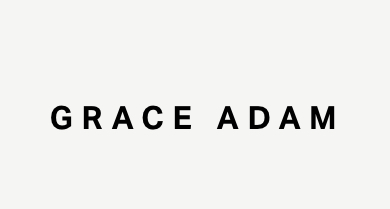
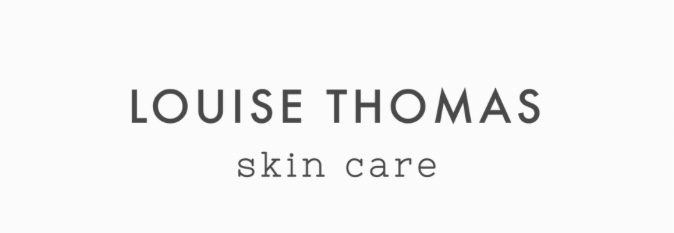

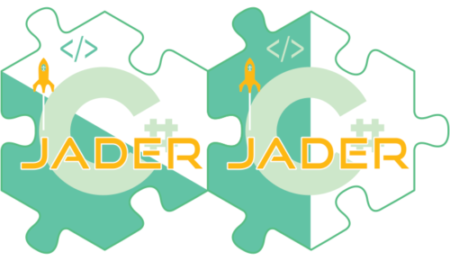
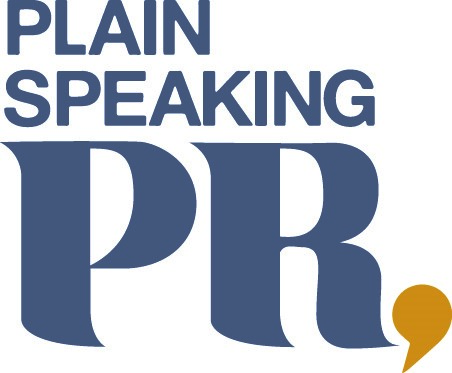
Leave a Reply